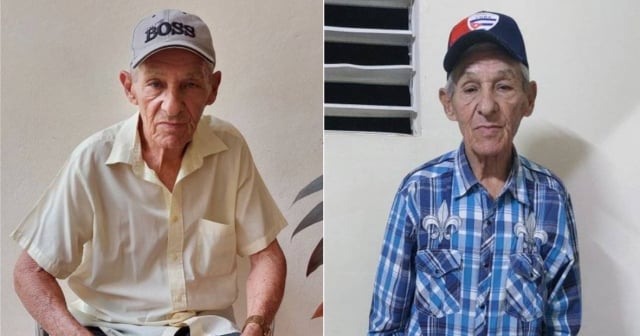A Cuban elderly woman was deported to Cuba after attempting to enter the United States with a fake humanitarian parole this week.
Journalist Mario J. Pentón brought this sensitive case to light on his social media, urging those awaiting humanitarian parole to remain calm and not to trust individuals who propose expediting the process for a fee, as these are traps, and falling for them carries legal consequences.
The incident occurred at Tampa Airport, where immigration authorities detected irregularities in the document presented by an elderly Cuban woman. The humanitarian parole was fake, and the woman was immediately deported to Cuba.
The elderly woman is already on the island, and her family in the United States is devastated because they had paid thousands of dollars to achieve a quick family reunification.
Attorney Mayron Gallardo, interviewed by Pentón, emphasized that this type of fraud can have serious legal consequences for both the victims and their families. "They could face criminal charges for human trafficking, which further exacerbates their situation," Gallardo explained.
Strengthened measures against fraud in the Humanitarian Parole program.
The case of the elderly woman occurs in a context where the Department of Homeland Security (DHS) has tightened measures to prevent fraud in the humanitarian parole program.
This program, implemented by the Biden administration in January 2023, allows migrants from Cuba, Venezuela, Haiti, and Nicaragua to live and work temporarily in the United States for two years. After the first year, Cubans can apply for the Adjustment Act, enabling them to remain in the country.
However, in August of this year, the DHS paused the program after detecting a significant increase in fraudulent applications. Upon its resumption, announced with strict security measures, the agency stated that any attempt at fraud will be referred to the appropriate authorities for prosecution.
Among the new measures is collaboration with entities such as the Fraud Detection and National Security Directorate of the U.S. Citizenship and Immigration Services (USCIS) and the Customs and Border Protection (CBP) Office.
More rigorous checks of sponsors' criminal and financial backgrounds are also being implemented, along with the collection of fingerprints as part of the approval process.
The elected president, Donald Trump, stated that among the first measures he plans to take upon assuming his position in the White House is the elimination of humanitarian parole and the appointments through the CBP One app that allow migrants in Mexico to schedule interviews to attempt to enter the United States legally.
Filed under:
